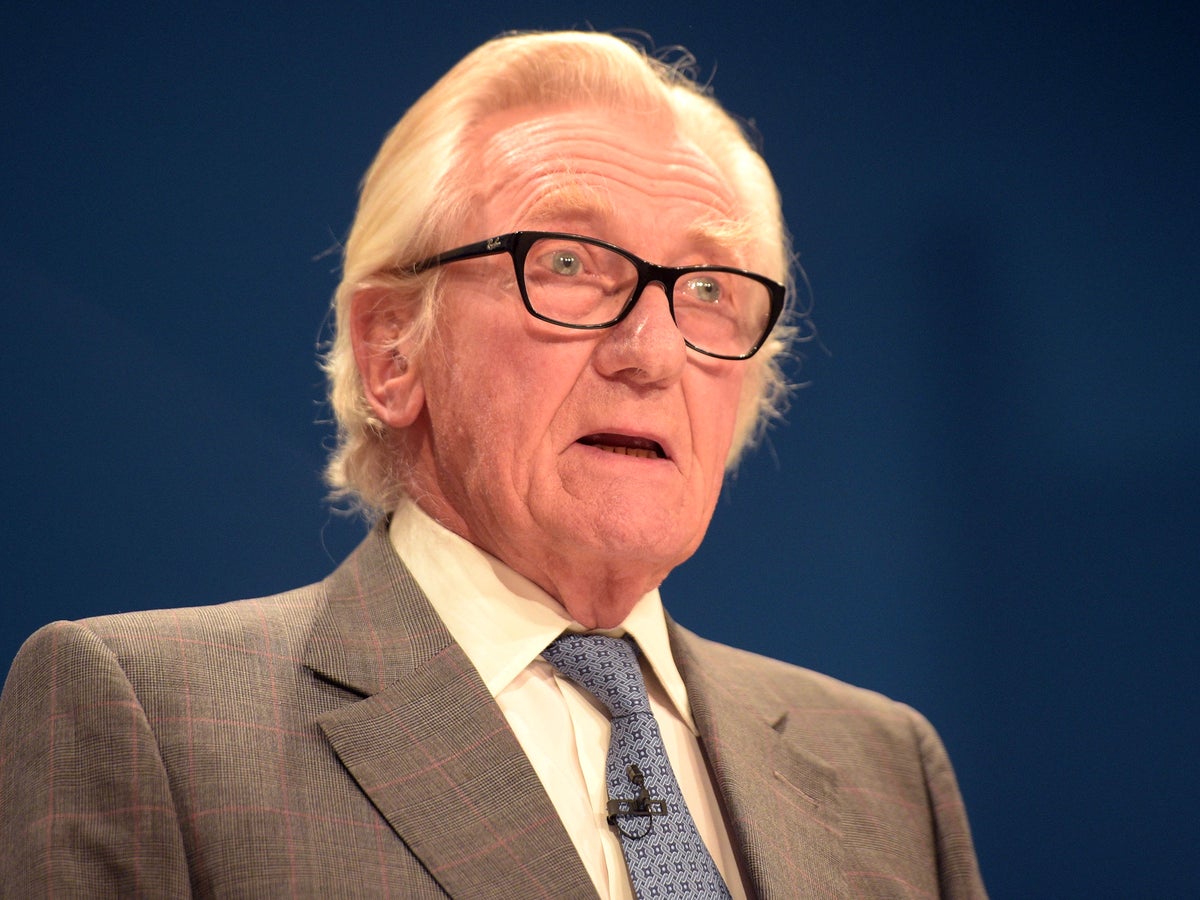
Voters back Michael Heseltine’s claim that the current general election risks being “one of the most dishonest” in history because the main parties will not discuss Britain’s relationship with the European Union.
The We Think voter intention poll has revealed that almost six in 10 voters (58 per cent) think that Brexit and Britain’s relationship with the EU should be one of the main issues in the election.
The survey of 1,242 voters commissioned by the pro-EU European Movement UK followed an intervention by the former deputy prime minister Lord Heseltine in The Independent this week where he warned no issue can be discussed without referring it to Brexit.
The veteran Tory heavyweight said: “We are now at the start of what I foresee will be the most dishonest election of modern times.
“What are the issues this country should be discussing? The state of our economy, defence and environment, the need to level up our society, control immigration and restore Britain’s standing in the world. None of these issues can be honestly addressed in isolation from our relationship with Europe. Yet Europe is the no-go area.”
His sentiments appear to be reflected in the poll made up of 51 per cent of people who voted Leave and 49 per cent who voted Remain among those able to cast a vote in 2016.
The survey showed that if there was a vote on EU membership tomorrow the result would be very different, with 48 per cent saying they would vote to rejoin and 31 per cent saying they would still opt to stay outside the EU. When “don’t knows”, “won’t votes” and “uncertains” are stripped out that would be a 61 per cent to 39 per cent victory in favour of rejoining.
The survey also showed agreement for Lord Heseltine’s assertion that this election would be “the most dishonest” of modern times, with 40 per cent saying it would and 15 per cent disagreeing.
Just 31 per cent disagreed that Brexit should be one of the top issues compared to 58 per cent who said it should be.
Even Tory voters on balance – 38 per cent to 30 per cent – agreed it was an important issue, and only Reform voters disagreed, on balance, among the different political parties.
On balance, all age groups agreed it was an important issue with the largest number being among 25- to 34-year-olds, on 65 per cent when “don’t knows” were stripped out. Overall, among under-40s, 62 per cent agreed.
Cecilia Jastrzembska, president of the Young European Movement UK (YEM), said: “The UK’s withdrawal from the European Union has had a devastating impact on opportunities for young people, particularly our withdrawal from the Erasmus+ student exchange scheme. The data is clear; young Brits will not stand by while their futures are on the line.
“The omertà on the UK-EU relationship must be broken and cooperation between us agreed sensibly and in good faith. YEM UK looks forward to a new government that will meaningfully strengthen relations with our European neighbours.”
Dr Mike Galsworthy, chair of European Movement UK, said: “Rather than a discussion on their future, young people have been offered national service instead. It is a betrayal of our younger generations that both the main parties are seeking to avoid any discussion of the European future our youth want to be talking about.
“If you ask 18- to 34-year-olds what they want – it is overwhelming that they want to join the EU and they want have discussion about the UK-Europe relationship right now in this election. It’s time to let them fight for their futures rather than forcing them to train to fight for a country that doesn’t listen.”







